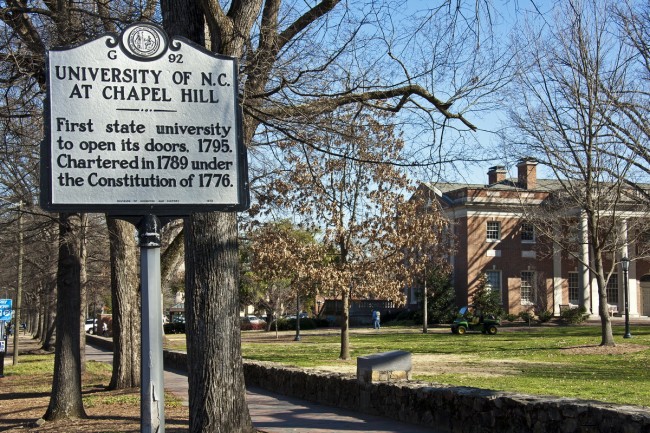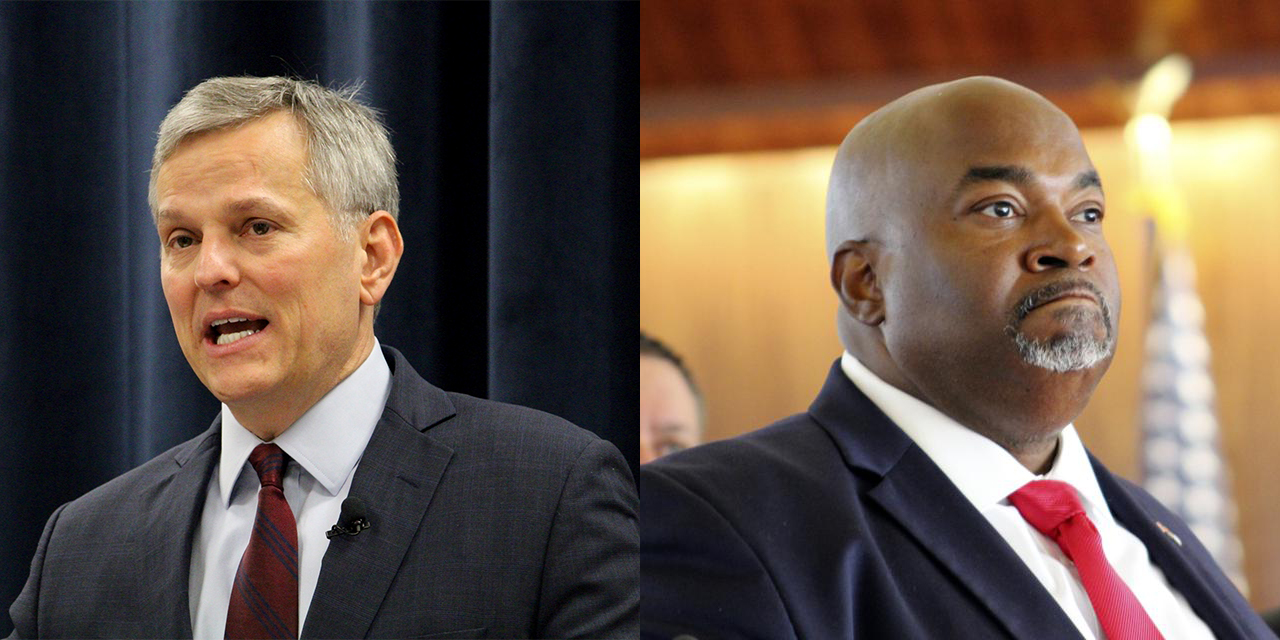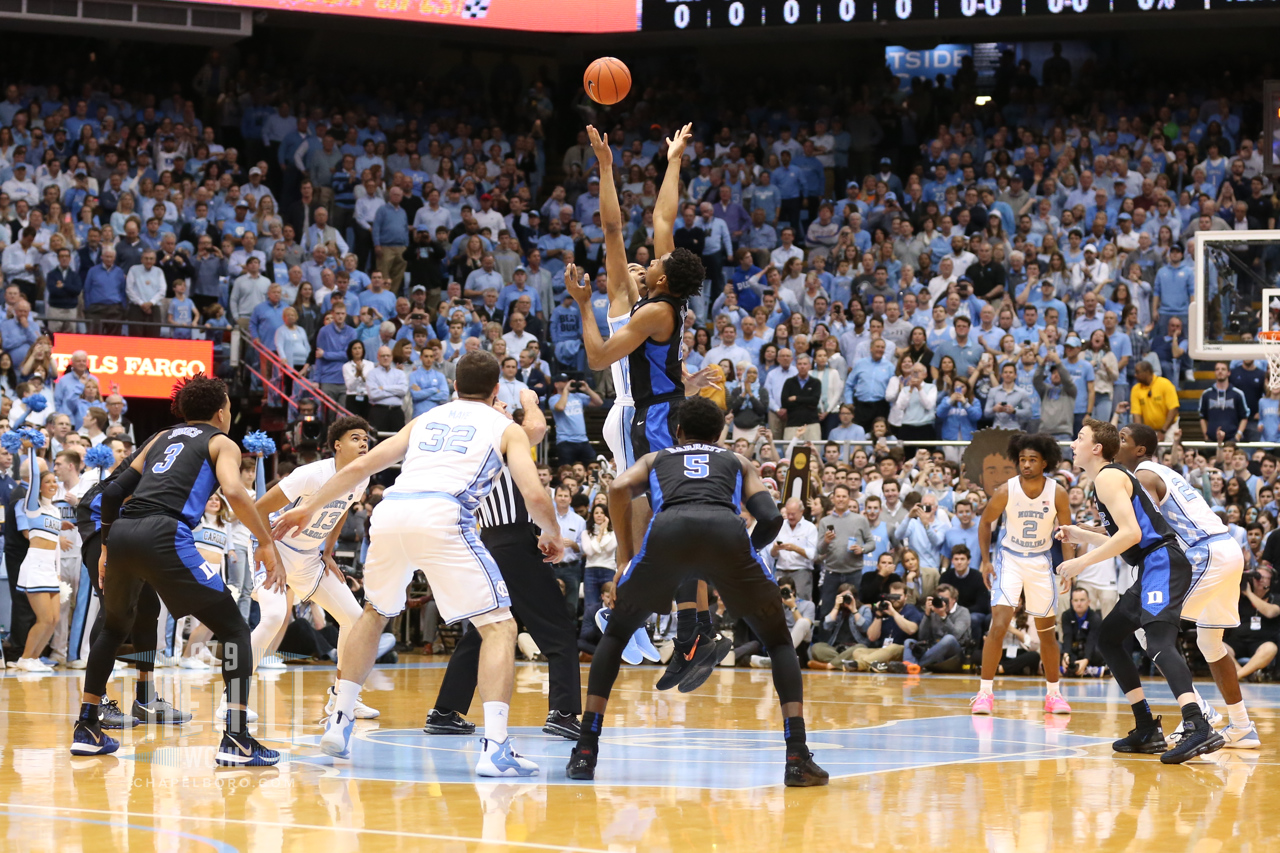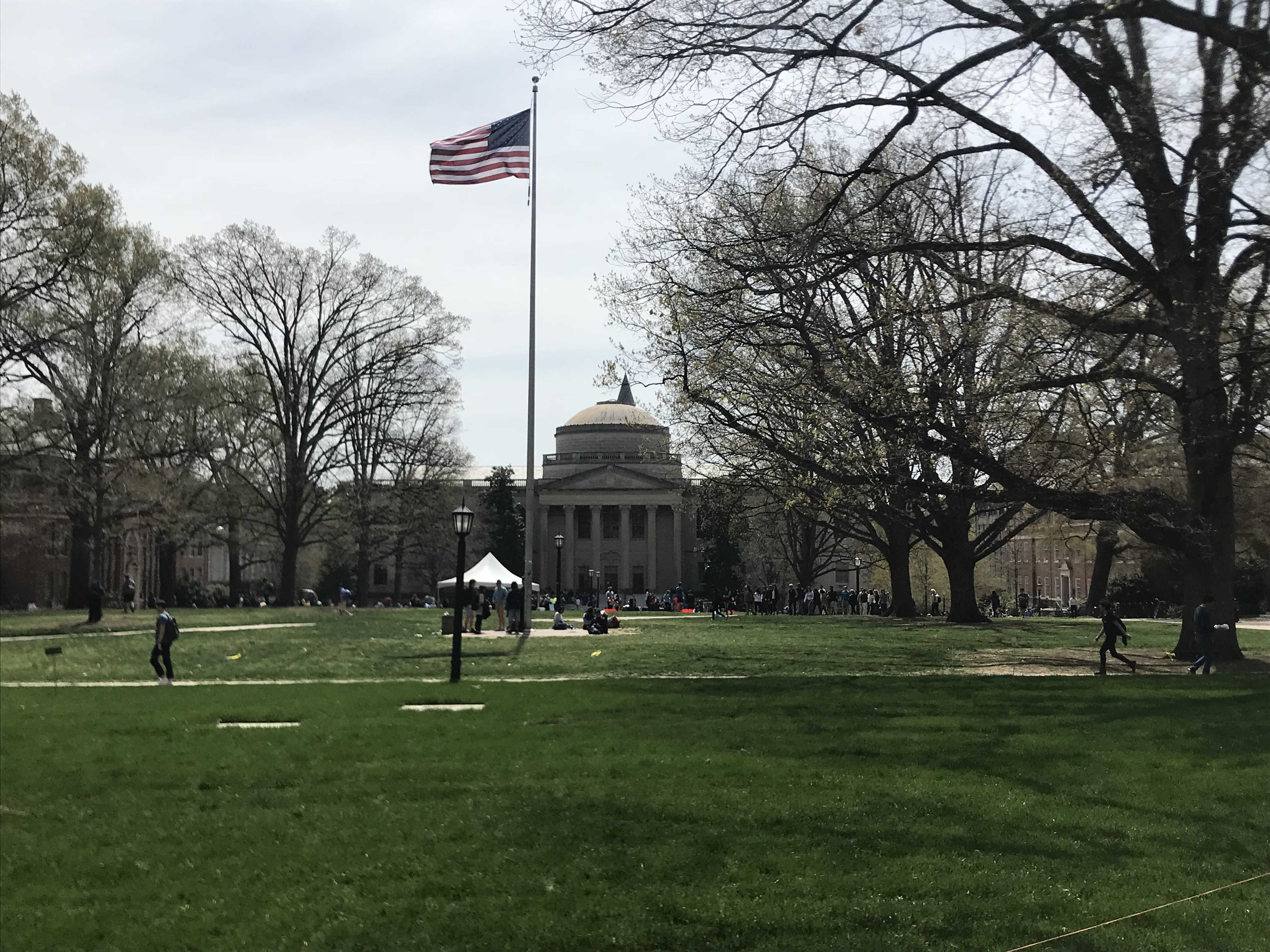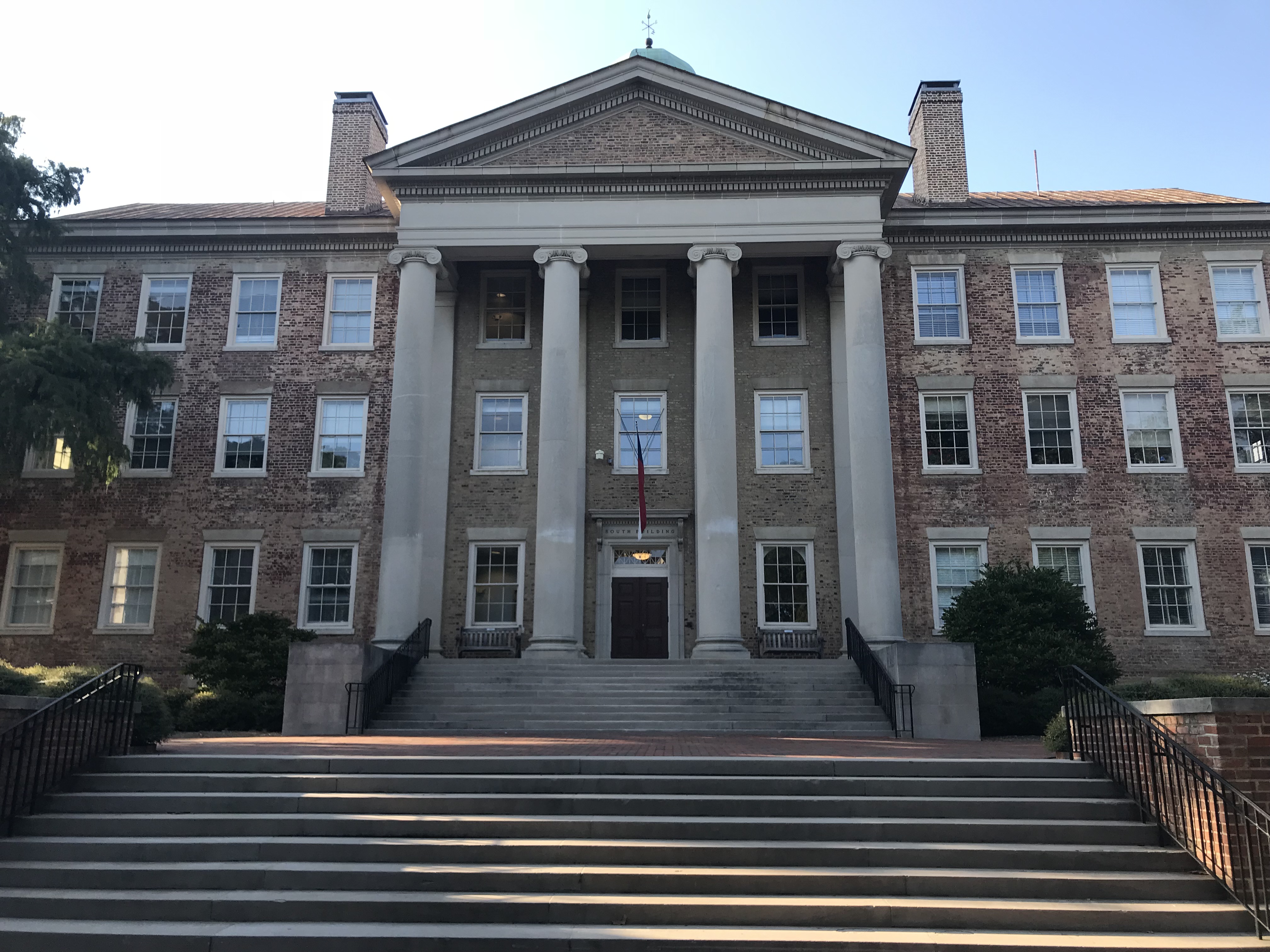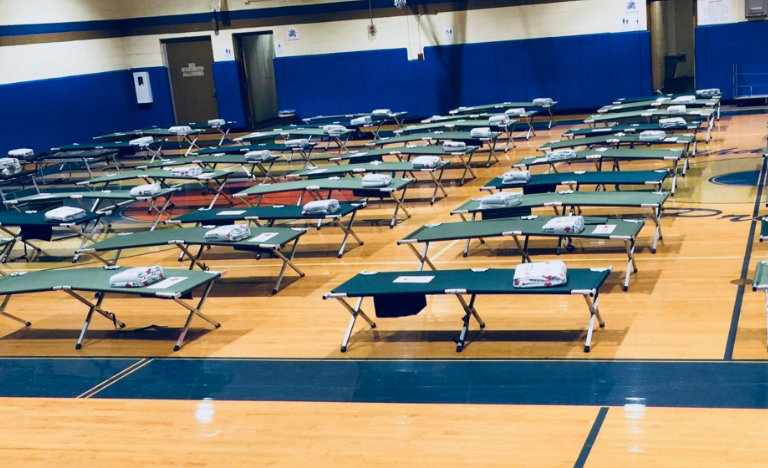North Carolina is still working with state authorities to notify investigators when agents improperly contact athletes or potentially violate the state’s sports agents law.
In emails released Friday responding to public records requests, UNC notified the Secretary of State’s office in 2014, 2016 and 2017 about five NFL agents improperly contacting athletes directly without going through the school.
Some emails from UNC associate director Paul Pogge questioned whether the agents were registered as required by the state’s Uniform Athlete Agents Act.
In a statement to The Associated Press, Pogge said the athletes involved or their families acted properly by notifying school officials and didn’t accept improper benefits or gifts.
“We fully support efforts to uphold the laws of the State of North Carolina and appreciate the work of the North Carolina Secretary of State’s Office to help further this objective,” Pogge said. “We routinely provide information to their office to help inject transparency and accountability in the agent recruitment process.”
UNC has remained in frequent contact with state officials regarding agent concerns in recent years. For example, the Secretary of State’s office opened an investigation in December into a Tennessee-based agent for contacting a Tar Heels football player despite not being registered, a case that began with the player notifying the school — which then notified state investigators.
George Jeter, a spokesman with the Secretary of State’s office in Raleigh, called UNC’s communication “a good thing.”
“We feel that’s the way it should be when a university has questions about athlete agents,” Jeter told the AP on Friday. “They should feel free to contact us. And we encourage that.”
The Secretary of State’s office launched an investigation in summer 2010 into whether agents were violating the UAAA amid a since-resolved NCAA investigation into the Tar Heels football program in Chapel Hill. The case led to a former agent pleading guilty in April 2017 for providing thousands of dollars in improper benefits to three former UNC players to entice them into signing with him.
In response to the 2010 investigations, UNC launched its Agent and Advisor Program requiring agents to notify the athletic department when contacting athletes, and for athletes to notify the school if an agent violates procedures.
The UAAA prohibits illegally luring collegiate athletes into contracts by providing them money, gifts or other items of value. It also seeks to regulate sports agent conduct by requiring them to register with the state.
A version has been enacted in at least 40 states along with the District of Columbia and the U.S. Virgin Islands, though its structure and penalties can vary from state to state.
Efforts are underway across the country to adopt a strengthened version of the law because cases have long been difficult to prosecute due to limited resources and modest penalties. That comes amid a recent federal fraud and bribery scandal that has rocked college basketball and deals partly with agent conduct.

